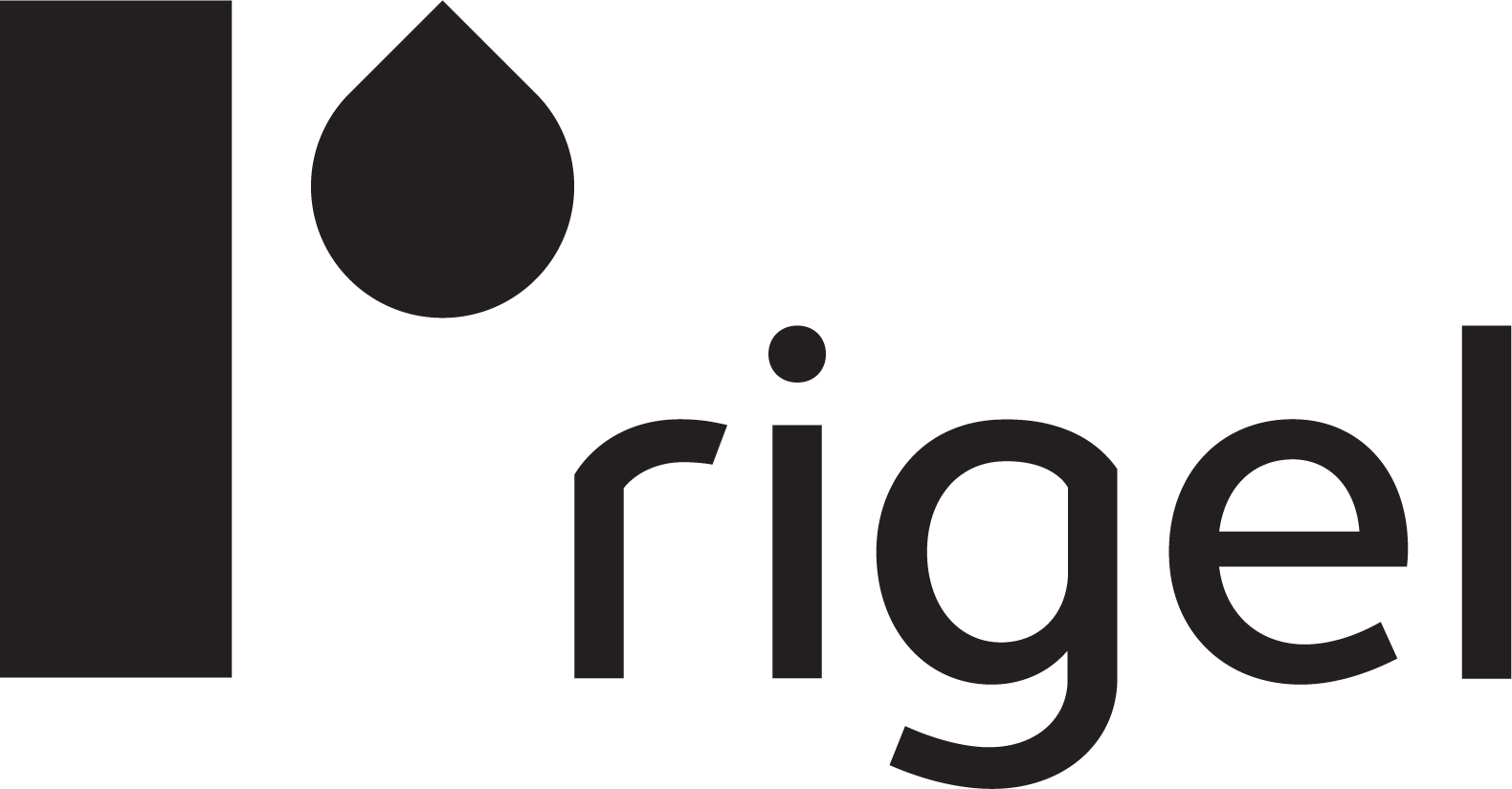Responsibilities:
•Architectural Design: Design and architect microservices-based systems that leverage React for the front-end and .NET for the backend. Ensure the architecture is scalable, secure, and meets the business requirements.
•Technology Strategy: Define and drive the technology roadmap for the microservices platform. Stay up to date with emerging technologies and best practices in the microservices, front-end, and back-end development ecosystem.
•System Integration: Design and oversee the integration of various services, ensuring seamless communication between microservices, and the front-end.
•Performance Optimization: Identify and address performance bottlenecks in the system. Optimize the architecture for speed, scalability, and reliability.
•Security: Implement security best practices across the architecture, ensuring data protection and compliance with relevant regulations.
•Technical Leadership: Provide technical guidance and mentorship to development teams. Review and approve design and code to ensure adherence to architectural standards .
•Collaboration: Work closely with product managers, UX/UI designers, developers, and other stakeholders to translate business requirements into technical solutions.
•Documentation: Create and maintain comprehensive architectural documentation, including system designs, data flows, and deployment plans.
•Continuous Improvement: Advocate for and implement continuous improvement practices, including automated testing, continuous integration/continuous deployment (CI/CD), and DevOps methodology
Required skills
•Proven experience in software architecture, specifically in microservices architecture.
•Extensive experience with front-end technologies, particularly React.
•Deep expertise in .NET development and the ecosystem.
•Experience in cloud-based architecture (e.g., AWS, Azure, GCP) is a plus.
•Strong understanding of RESTful API design, GraphQL, and other integration patterns.
•Proficient in containerization technologies like Docker and orchestration tools like Kubernete
•Familiarity with database design and management, including SQL and NoSQL databases.
•Certifications: Relevant certifications in cloud architecture, microservices, or related fields are desirable.
•Experience with serverless architecture and event-driven systems.
•Knowledge of modern authentication and authorization protocols like OAuth, JWT, and OpenID Connect.
•Experience in leading large-scale enterprise projects.
























